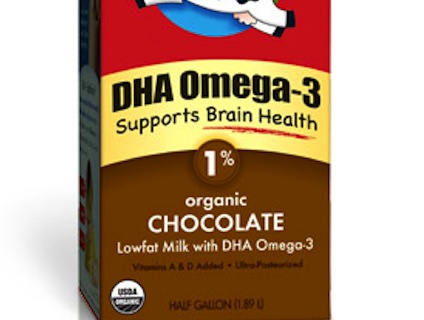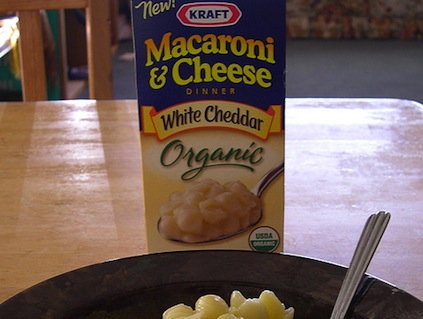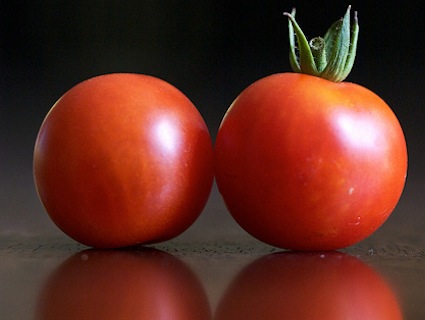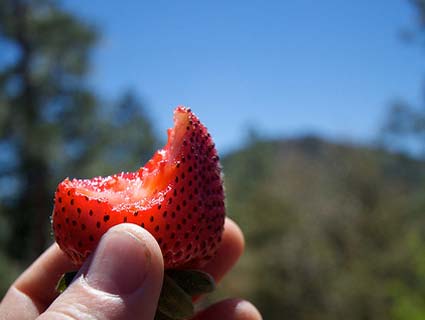
Sunday’s New York Times piece on the corporatization of organics (which I commented on here) got me to thinking: What are the weirdest additives the USDA allows in food labeled “organic”? Here are five.
1. Carrageenan
Made from seaweed and used as a thickener and stabilizer for certain dairy products like cottage cheese and yogurt, carrageenan is probably the most controversial organic additive. Joanne K. Tobacman, an associate professor of medicine at University of Illinois-Chicago, claims that carrageenan causes intestinal inflammation, and she petitioned the USDA not to approve it for organic food. The organic watchdog group Cornucopia Institute notes that according to USDA organic code, nonorganic ingredients like carrageenan can only be introduced into certified-organic food when they are deemed “essential” to the manufacture of a given product. The group argues that carrageenan should not have been deemed essential, because some organic dairy companies don’t use it at all, proving it can be done without. For example, Horizon and Whole foods 365 use it in their cottage cheeses, while Organic Valley and Nancy’s don’t.
2. Synthetic DHA (a fatty acid)
This omega-3 fatty acid supplement, derived from algae in some dairy products, is made by Martek Biosciences Corp., a subsidiary of the Dutch conglomerate Royal DSM. Its critics (including me) argue it’s a dubious addition to organics because it’s not essential to producing any product. You don’t need it to produce milk; you only need it to produce milk that contains synthetic DHA. According to Cornucopia, Martek’s DHA is is derived from a strain of algae generated through “induced mutations with the use of radiation and/or harsh chemicals.”
3. Acidified sodium chlorite
This synthetic chemical, used as a disinfecting wash for poultry and other meats, hasn’t been connected to any health problems. It’s made by chemical giant Dupont.
4. Tetrasodium pyrophosphate
A mixture of phosphoric acid with sodium carbonate, this compound is used is soy-based meat alternatives. “It promotes binding of proteins to water, binding the soy particles together, and is used for the same purpose in chicken nuggets and imitation crab and lobster products,” writes Simon Quellen Field, author of Why There’s Antifreeze in Your Toothpaste: The Chemistry of Household Ingredients.
5. Ethylene
This fossil fuel derivative is used to speed ripening of tropical fruit and “degreen” citrus. While its use in food doesn’t harm people, using fossil fuels sure does.















